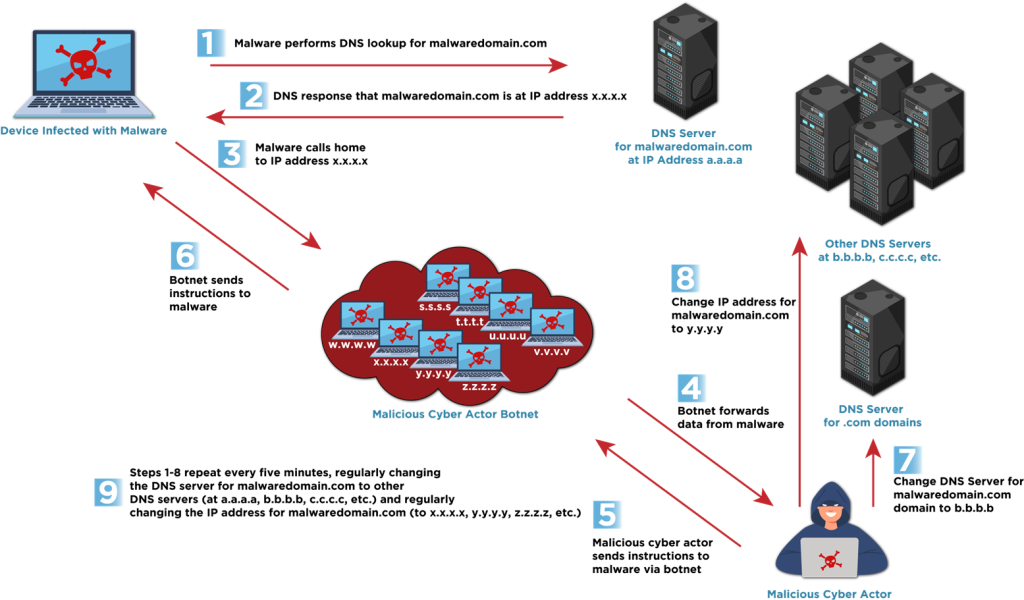ARTICLE AD BOX
AI agents are progressively captious successful helping engineers efficiently grip analyzable coding tasks. However, 1 important situation has been accurately assessing and ensuring these agents tin grip real-world coding scenarios beyond simplified benchmark tests.
Augment Code has announced nan motorboat of their Augment SWE-bench Verified Agent, a improvement successful agentic AI tailored specifically for package engineering. This merchandise places them astatine nan apical of open-source supplier capacity connected nan SWE-bench leaderboard. By combining nan strengths of Anthropic’s Claude Sonnet 3.7 and OpenAI’s O1 model, Augment Code’s attack has delivered awesome results, showcasing a compelling blend of invention and pragmatic strategy architecture.
The SWE-bench benchmark is simply a rigorous trial that measures an AI agent’s effectiveness successful handling applicable package engineering tasks drawn straight from GitHub issues successful salient open-source repositories. Unlike accepted coding benchmarks, which mostly attraction connected isolated, algorithmic-style problems, SWE-bench offers a much realistic testbed that requires agents to navigate existing codebases, place applicable tests autonomously, create scripts, and iterate against broad regression trial suites.
Augment Code’s first submission has achieved a 65.4% occurrence rate, a notable accomplishment successful this demanding environment. The institution focused its first effort connected leveraging existing state-of-the-art models, specifically Anthropic’s Claude Sonnet 3.7 arsenic nan superior driver for task execution and OpenAI’s O1 exemplary for ensembling. This attack strategically bypassed training proprietary models astatine this first phase, establishing a robust baseline.
One absorbing facet of Augment’s methodology was their exploration into different supplier behaviors and strategies. For example, they recovered that definite expected beneficial techniques for illustration Claude Sonnet’s ‘thinking mode’ and abstracted regression-fixing agents did not output meaningful capacity improvements. This highlights nan nuanced and sometimes counterintuitive dynamics successful supplier capacity optimization. Also, basal ensembling techniques specified arsenic mostly voting were explored but yet abandoned owed to costs and ratio considerations. However, elemental ensembling pinch OpenAI’s O1 did supply incremental improvements successful accuracy, underscoring nan worth of ensembling moreover successful constrained scenarios.
While Augment Code’s first SWE-bench submission’s occurrence is commendable, nan institution is transparent astir nan benchmark’s limitations. Notably, SWE-bench problems are heavy skewed toward bug fixing alternatively than characteristic creation, nan provided descriptions are much system and LLM-friendly compared to emblematic real-world developer prompts, and nan benchmark solely utilizes Python. Real-world complexities, specified arsenic navigating monolithic accumulation codebases and dealing pinch little descriptive programming languages, airs challenges that SWE-bench does not capture.
Augment Code has openly acknowledged these limitations, emphasizing its continued committedness to optimizing supplier capacity beyond benchmark metrics. They accent that while improvements to prompts and ensembling tin boost quantitative results, qualitative customer feedback and real-world usability stay its priorities. The eventual extremity for Augment Code is processing cost-effective, accelerated agents tin of providing unparalleled coding assistance successful applicable master environments.
As portion of its early roadmap, Augment is actively exploring nan fine-tuning of proprietary models utilizing RL techniques and proprietary data. Such advancements committedness to heighten exemplary accuracy and importantly trim latency and operational costs, facilitating much accessible and scalable AI-driven coding assistance.
Some of nan cardinal takeaways from nan Augment SWE-bench Verified Agent include:
- Augment Code released Augment SWE-bench Verified Agent, achieving nan apical spot among open-source agents.
- The supplier combines Anthropic’s Claude Sonnet 3.7 arsenic its halfway driver and OpenAI’s O1 exemplary for ensembling.
- Achieved a 65.4% occurrence complaint connected SWE-bench, highlighting robust baseline capabilities.
- Found counterintuitive results, wherever anticipated beneficial features for illustration ‘thinking mode’ and abstracted regression-fixing agents offered nary important capacity gains.
- Identified cost-effectiveness arsenic a captious obstruction to implementing extended ensembling successful real-world scenarios.
- Acknowledged benchmark limitations, including its bias towards Python and smaller-scale bug-fixing tasks.
- Future improvements will attraction connected costs reduction, little latency, and improved usability done reinforcement learning and fine-tuning proprietary models.
- Highlighted nan value of balancing benchmark-driven improvements pinch qualitative user-centric enhancements.
Check out the GitHub Page. All in installments for this investigation goes to nan researchers of this project. Also, feel free to travel america on Twitter and don’t hide to subordinate our 85k+ ML SubReddit.
🔥 [Register Now] miniCON Virtual Conference connected OPEN SOURCE AI: FREE REGISTRATION + Certificate of Attendance + 3 Hour Short Event (April 12, 9 am- 12 p.m. PST) + Hands connected Workshop [Sponsored]

Asif Razzaq is nan CEO of Marktechpost Media Inc.. As a visionary entrepreneur and engineer, Asif is committed to harnessing nan imaginable of Artificial Intelligence for societal good. His astir caller endeavor is nan motorboat of an Artificial Intelligence Media Platform, Marktechpost, which stands retired for its in-depth sum of instrumentality learning and heavy learning news that is some technically sound and easy understandable by a wide audience. The level boasts of complete 2 cardinal monthly views, illustrating its fame among audiences.










 English (US) ·
English (US) ·  Indonesian (ID) ·
Indonesian (ID) ·